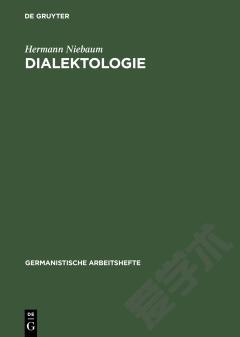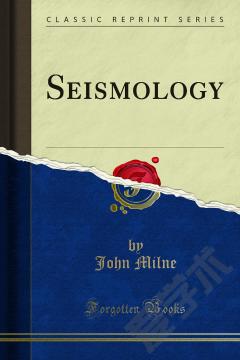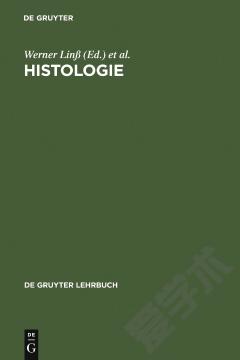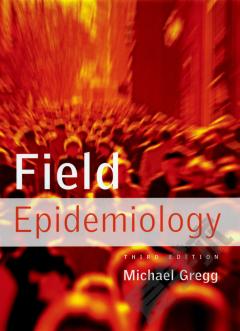Local Stereology
This book provides a unified exposition of local-stereological methods developed within the last 15 years. The object of local stereology is to draw inference about quantitative parameters of spatial structures which can be regarded as neighbourhoods of points, called reference points. The model example is a biological cell which can be regarded as a neighbourhood of its nucleus. In local stereology, information from sections through the reference point is used. Only very weak assumptions are needed for the structure under study. For instance, specific cell shape assumptions are not necessary.In order to reach a broader audience, the book has been written not only for specialists in stereology, integral geometry and geometric measure theory. In particular, Chapter 1 is an elementary introduction to stereology and the book contains about 75 illustrations. The theory of local steroelogy involves, however, advanced mathematical tools, which constitute an important part of the book.Local-stereological methods are now in world-wide use in the microscopical study of biological tissue, and this invaluable book also contains a description of how the local methods are used in practice.
{{comment.content}}








 京公网安备 11010802027623号
京公网安备 11010802027623号